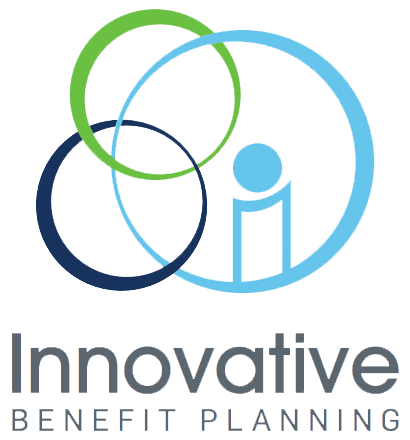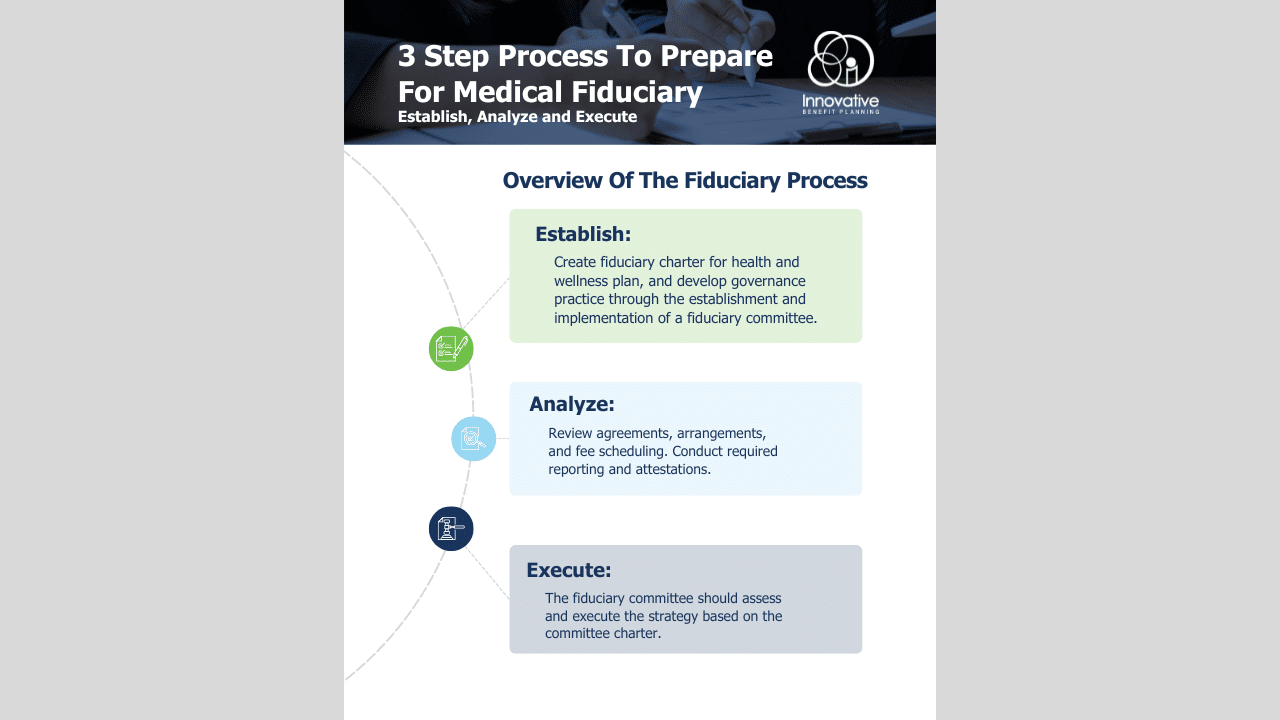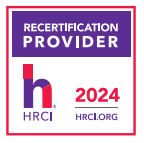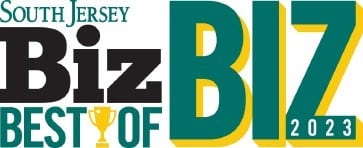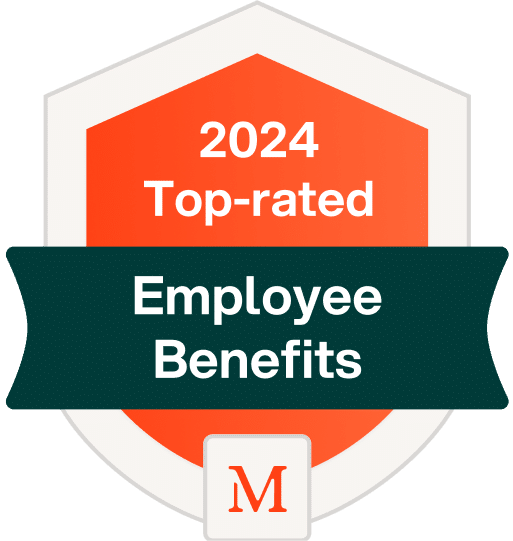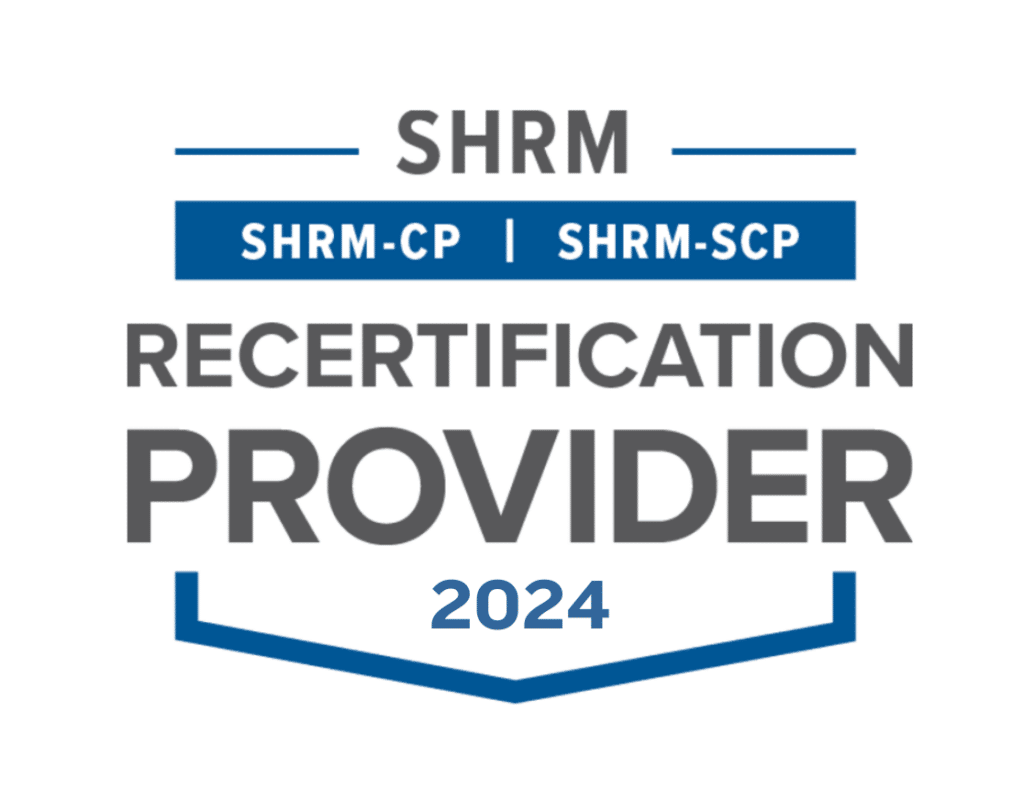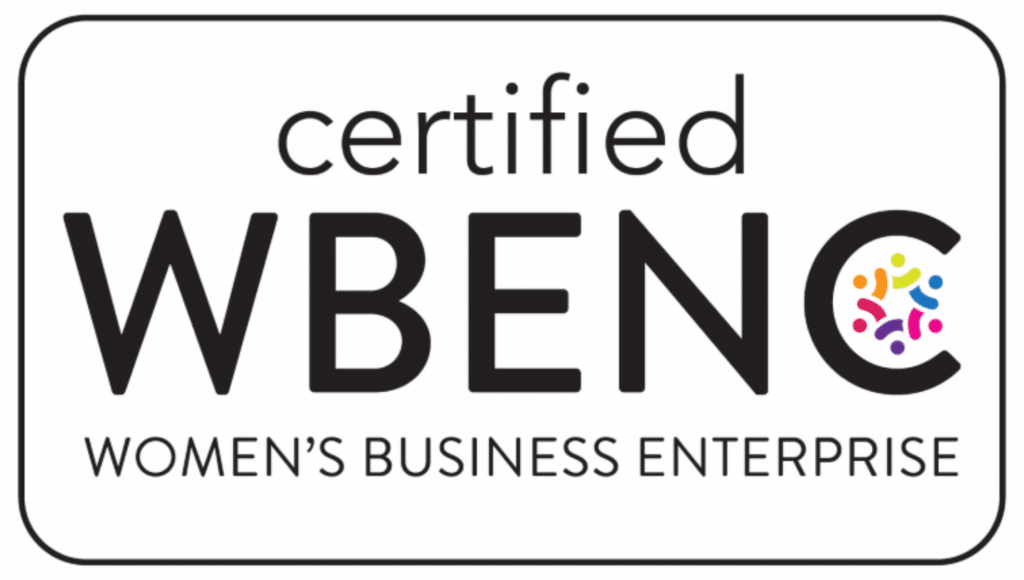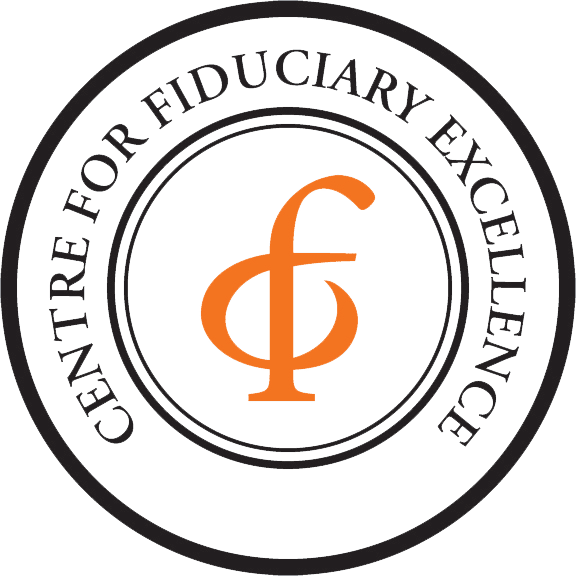Background
When the Consolidated Appropriations Act, 2021 (CAA) was enacted by Congress on December 27, 2020, the law included a provision preventing group health plans and health insurance carriers from entering into health plan services contracts (such as a third-party administrator or health care provider contracts) with gag clauses that restrict or prohibit the amount of information shared with plan participants or beneficiaries, but specifically:
- Any provider-specific costs
- Any quality-of-care or specific treatment option information.
- Electronic access to de-identified health claims data, including claim-related financial information, service codes, or provider information.
- Sharing any of the above dates with the plan’s business associates, as governed by the privacy regulations under the Health Insurance Portability and Accountability Act of 1996 (HIPAA).
Gag Clause Prohibition Compliance Attestation (GCPCA)
Per the CAA, health plans, insurers, and other health plan vendors are required to attest to their compliance with the GCPCA annually by December 31st. The Departments have provided updated filing instructions for 2024 that include additional details and clarifying changes for this year’s submission.
Updates for 2024: Notable changes include:
- Attestation Period vs. Attestation Year: The instructions clarify the difference between “Attestation Period” and “Attestation Year.” Specifically, the attestation period is defined as the period beginning the day immediately following the date of the prior year’s attestation through the date of the current year’s submission. The attestation year is the year in which the attestation is submitted.
- Employer Plan Types: The employer plan types were expanded to include three categories of group health plans (ERISA group health plan or sponsor of ERISA plan, non-federal governmental group health plan, and church plan.
- Reporting Entity vs. Responsible Entity: The instructions were updated to change the previously used “reporting entity” to “responsible entity.” The definition is unchanged.
- Responsible Entity Types: The responsible entity types were expanded to clarify that ERISA group health plan, or sponsor of ERISA plan, includes union plans. Further, the instructions clarify a responsible entity includes “other third-party service providers, such as an agent” in addition to a third-party administrator, a pharmacy benefit manager, and a behavioral health network manager.
Employer Actions:
- Determine whether contracts with carriers (e.g., medical carriers, TPAs, PBMs, managed behavioral health organizations, and/or other service providers offering access to a network of providers) contain gag clauses.
- Confirm whether their carriers will be assisting with the attestation.
- Fully Insured Plans: Plan sponsors with fully insured plans are typically able to rely on their carriers to submit the attestation. Submission by the carrier on the plan sponsor’s behalf will be considered satisfactory by the Departments. Fully insured plan sponsors should still retain confirmation that gag clauses are removed and that the submission has been made on their behalf for their records.
- Self-Funded Plans: Plan sponsors with self-insured or partially self-insured plans may satisfy the attestation requirements by entering into a written agreement in which the plan’s service provider(s) will attest on the plan’s behalf. While plan sponsors may be able to rely on their carriers, ultimately the legal requirement to submit the attestation remains with the plan. Plan sponsors should retain the confirmations from their carriers for their records.
- Prepare the GCPCA if carriers are not attesting on plan sponsors’ behalf or contract with a third-party to submit the attestation. Plan sponsors may opt to submit the attestation on their own behalf regardless of whether their carriers are attesting for them.
- Submit the attestation to CMS’s HIOS system by December 31, 2024.
Innovative has been working with carriers to confirm their approach for 2024 and is prepared to assist employers with satisfying their reporting obligations ahead of the December 31st deadline. For additional information or assistance with the attestation, please contact your Account Team.
